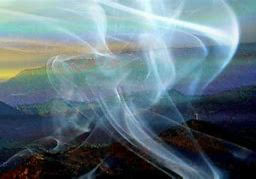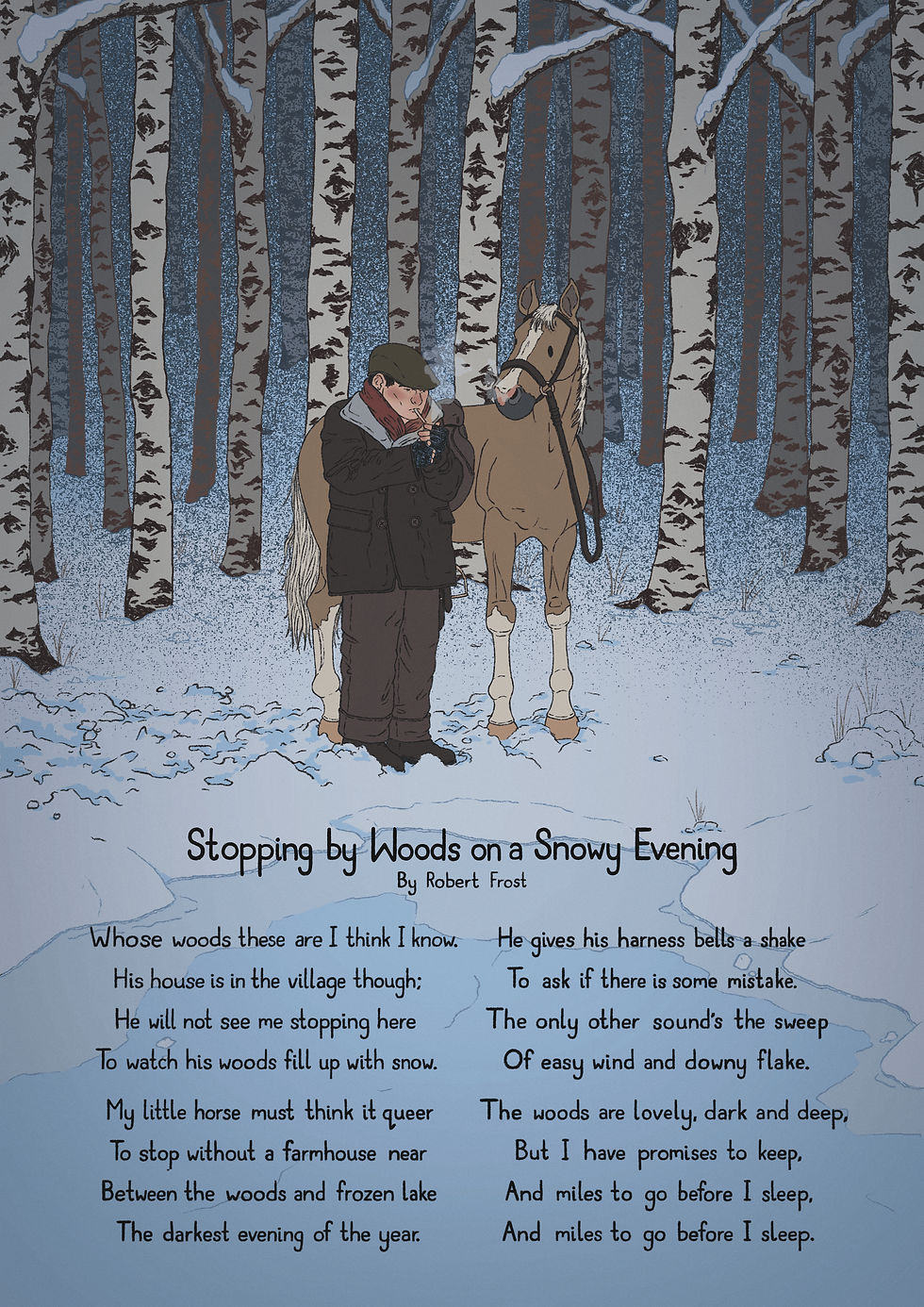Revisioning What It Means to Be a Hero
- brookmcbride
- May 23, 2024
- 6 min read
Updated: Jun 6, 2024

Growing up in a small town in the Midwest, this weekend was one of the biggest weekends in our year. The whole community would put their resources together, mowing the cemetery lawn, planting flowers at the cemetery entrance, and preparing to lay flowers on the graves of loved ones. On Memorial Day the population of the town expanded two or even three-fold, as “the diaspora” would fly in to be together to remember those who had gone on before us, those who had given up and mentored us, and even sacrificed their lives for us, so that we may live a life of abundance.
Often there would be a special Memorial Day ceremony at the cemetery. And almost always there would be a pastor, usually me or the Catholic Priest, sharing a message. And to be honest, it was a great honor to be asked to share that message. I felt so privileged to be able to use my words to bring hope and meaning to this community at such an important event.
Along with this “remembering” there was also a strong military presence at these events. After the service, and the message, the “honor guard” would stand at attention and then fire several rounds of ammo into the sky, in memory of those who had lost their lives in service to the country.
As a kid growing up in this environment, I was fascinated by the firing of the guns! I would try to prepare myself for the piercing blasts from the rifles by trying to distance myself from them. I thought that by preparing I could prevent being shook by the sound and smoke. But, to be honest, I was always surprised by the power of those blasts. As much as I wanted to distance myself from the guns, I have to admit that I didn’t want to be too far away from those guns because once the guns fired, the real game began for us kids...beating out the other kids on a mad dash to get a rifle shot casing! Now that was a prize! I think I still have 2 or 3 in my collection!
I have to admit, I miss this ritual! There was something special about that community coming together to remember. There was something special about honoring and remembering sacrifice and service. It felt good to lift up these two virtues: sacrifice and service.
But there was also something missing, as I look back at it now. In these small towns, I often felt like this was a time when “men only” were honored, and women were left as only having a “supporting” role. The men were the heroes, the women were the ones how had to pick up the pieces when they didn’t come home. The men were given the 10-gun salute, and the women were the one’s left weeping as they were presented with an American flag that was often displayed on the mantel.

Recently, I’ve been reading a book called “The Women” written by Kristin Hannah. (By the way if you haven’t read any of her books, you are missing out! They are sooooo good!). In this book Kristin Hannah dives into the women who served and sacrificed so much during the Vietnam war. It’s her way of saying that these women sacrificed every bit as much as the men. In the beginning of the book, Hannah shares the experience of a young woman named Frankie, 20 or 21 years old, and her feelings about our country’s understanding of “hero”. To set the scene, the family is having a going away party for her brother, who is headed out for Vietnam. During the party, uneasy about losing her brother in the war, she finds herself looking at a very prominent wall in the office.
“One entire wall of the office was devoted to their family history. Framed photographs Mom had inherited from her parents and even a few Dad had brought with him from Ireland. There was a photo of Great-Grandfather McGrath, in his soldier’s uniform, saluting the camera. Alongside that photograph was a framed war medal that her Grandpa Francis had been awarded in the First World War. The photograph of her parents’ wedding was positioned between her grandfather Alexander’s framed Purple Heart and a newspaper clipping with a photo of the ship he’d served on coming into harbor at the end of the war. There were no photographs of her father in uniform. To his great shame, he had been labeled 4-F and disqualified for military service. It was something he lamented in private, only to family, and only when he’d been drinking. After the war, he’d convinced Grandpa Alexander to begin building affordable housing in San Diego for returning veterans. Dad called it his contribution to the war effort, and it had been spectacularly successful. In conversation, he was always so “military-proud” that, in time, everyone on Coronado seemed to forget he hadn’t served. There were no photographs of his children, not yet. Her father believed that one had to earn their way onto this wall.
Frankie heard the door open quietly behind her, and someone said, “Oh. I’m sorry. I don’t mean to intrude.”
She turned and saw Rye Walsh standing in the doorway. He held a cocktail in one hand and a pack of Old Gold cigarettes in the other. No doubt he’d been looking for a quiet place to smoke.
“I’m hiding from the party,” she said. “I don’t feel much like celebrating, it seems.” He left the door open behind him. “I was doing the same thing, I guess. You probably don’t remember me—”
“Joseph Ryerson Walsh; goes by Rye. Like the whiskey,” Frankie said, trying to smile. It was how he’d introduced himself to her last summer. “Why are you hiding out? You and Fin are thick as thieves. You both love a good party.”
As he neared, her heart did a queer little stutter. He’d had that effect on her from their first meeting, but they’d never really spoken. She didn’t know what to say to him now when she felt a little bereft. Lonely. “I’m going to miss him,” he said quietly. She felt the sting of tears and turned quickly away, faced the wall of memorabilia; he moved in beside her.
They stared up at the family photos and mementos. Men in uniforms, women in wedding dresses, medals for valor and injury, a triangle-folded and framed American flag that had been given to her paternal grandmother.
“How come there are no pictures of women up here, except for the wedding pictures?” Rye asked. “It’s a heroes’ wall. To honor the sacrifices our family has made in service of the country.” He lit a cigarette.
“Women can be heroes.” Frankie laughed. “What’s funny about that?” She turned to him, wiped the tears from her eyes. “I … well … you don’t mean…” “Yeah,” he said, looking down at her. She couldn’t remember a man ever looking at her in such a way, so intensely. It made her catch her breath.
“I mean it, Frankie. It’s 1966. The whole world is changing.”
Hours later, when the guests had begun to make their polite exits, Frankie found herself still thinking about Rye, and what he’d said. Women can be heroes. No one had ever said such a thing to her. Not her teachers at St. Bernadette’s, not her parents. Not even Finley. Why had it never occurred to Frankie that a girl, a woman, could have a place on her father’s office wall for doing something heroic or important, that a woman could invent something or discover something or be a nurse on the battlefield, could literally save lives? The idea of it was like an earthquake, an upending of her sheltered view of the world, of herself. She’d been told for years, by the nuns, by her teachers, by her mother, that nursing was an excellent profession for a woman. Hannah, Kristin. The Women (pp. 6-8).
Kristin Hannah, then goes on to describe what it was really like to serve as a combat nurse in the Vietnam, and in so doing make us all realize the amazing sacrifices women have made to our world and our country...a sacrifice often left unnoticed and unrecognized.
And so, this Memorial Day, I lift up everyone, both men and women, who served and serve our country, but I want to extend that image to include not only men, but women...and not only military personnel, but all of us anywhere who live sacrificial lives! Doctors, nurses, teachers, pastors, janitors, drummers, singers, postal workers, mothers, fathers, siblings, and yes...rightly so, I think...those who fought not only with their arms for freedom, but also those who fought with thier pen, and feet, and voices for peace. You are all on my hero wall!
Your sacrifices made and continue to make this world a better place and I can’t imagine living in a world that wasn’t so marked and blessed by your sacrifice!
Your friend and pastor, thankful for the sacrifices you all have made and continue to make, Brook
If you are interested in reading more about the women who served in Vietnam check out this link: Thousands of Women Volunteered and Served in the Vietnam War - History Collection



Comments